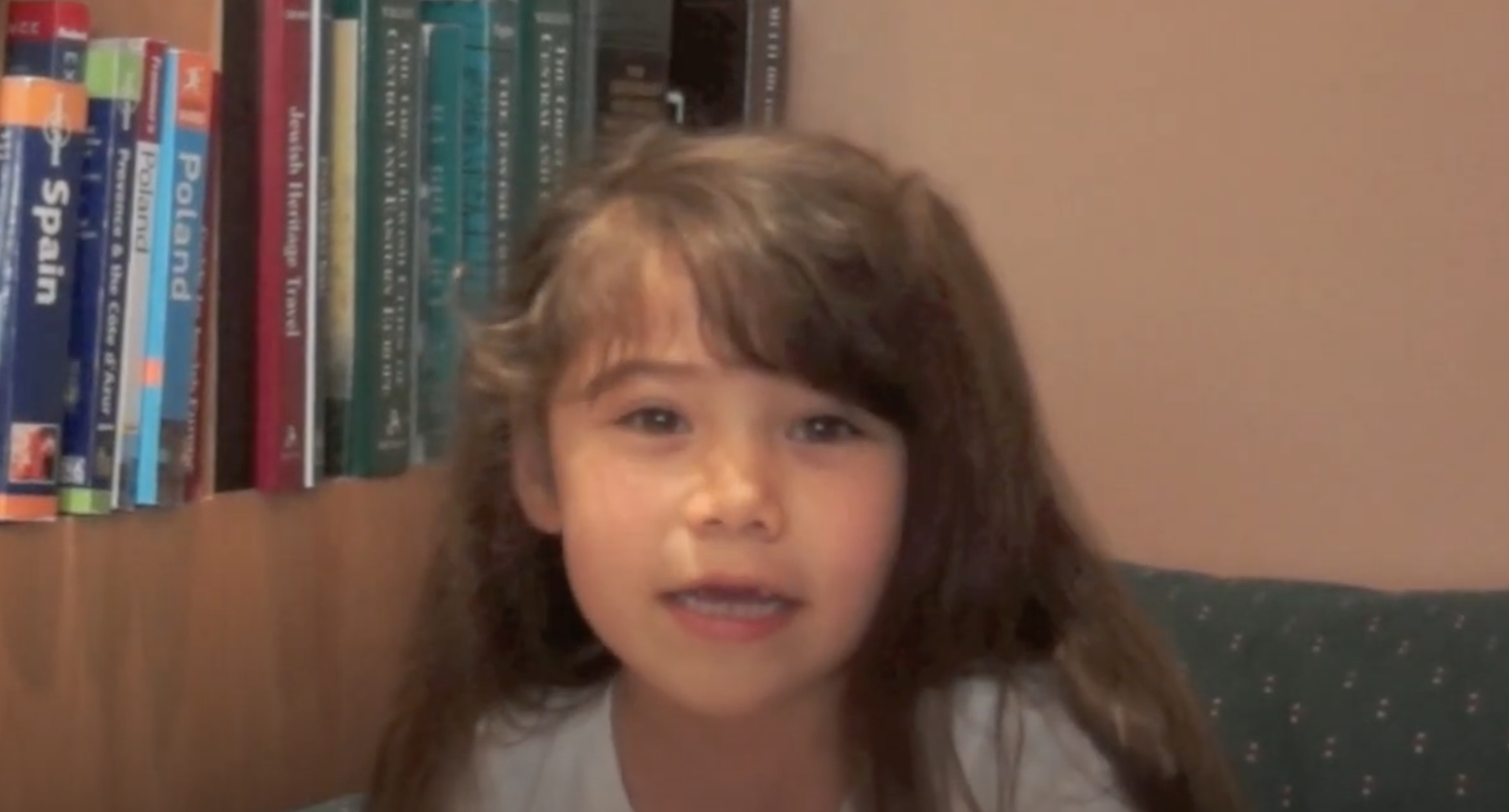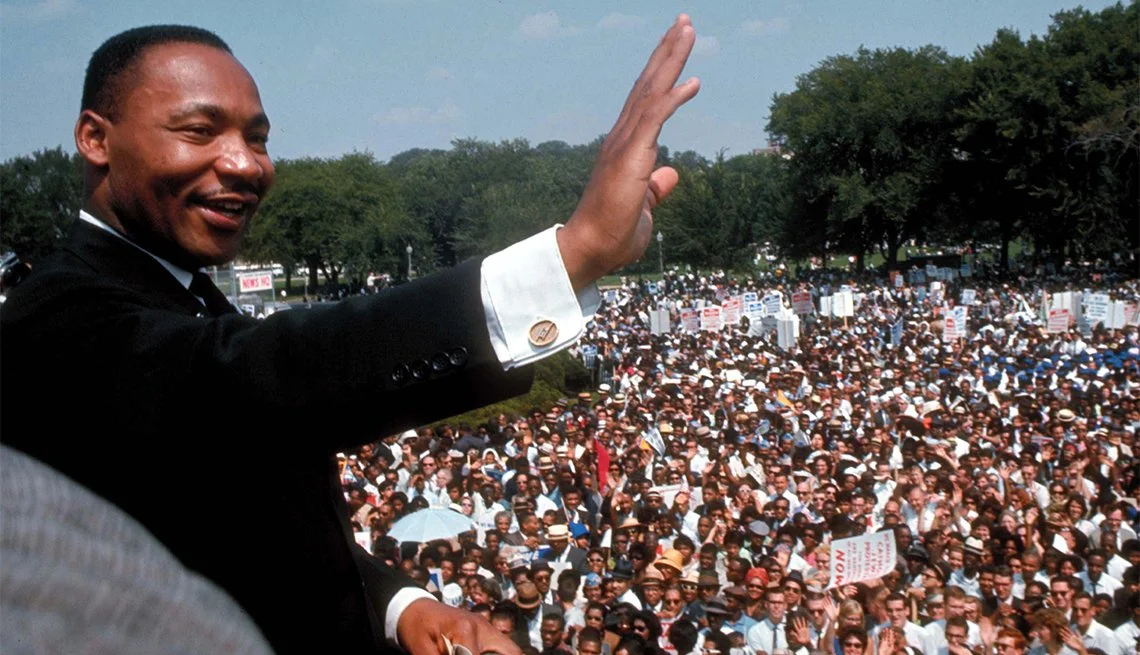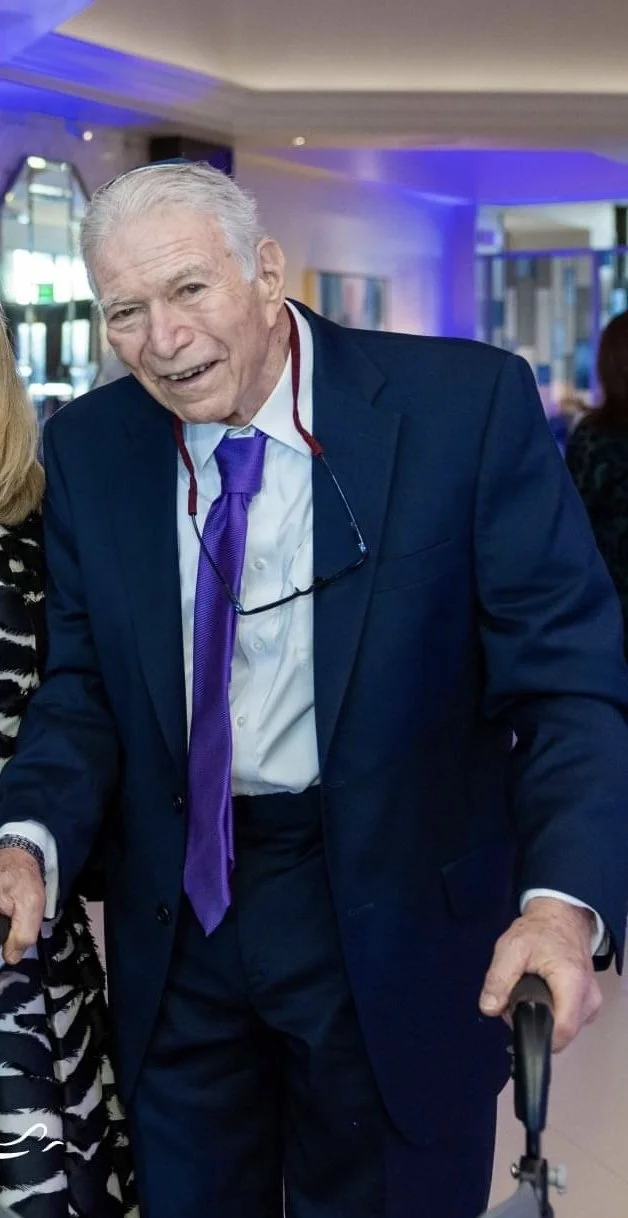Speaking for God — Dr. Martin Luther King and Rabbi Abraham Heschel
Years ago, very early one morning I was working on a video commentary on the Torah portion Yitro. A few hours into my work, my granddaughter Emily, who was just six at the time, came into my study and asked, “Papa, what are you doing?”
I told her I was editing a video about Parashat Yitro. I explained that this is the story of when God spoke to all of the Israelites together and taught them what became known as the Ten Commandments. When they heard all that God had to teach them, the Israelites responded: “We will do and we will hear.”
In other parts of the Torah, God speaks to Abraham or Moses, but in this Torah portion, God speaks to everyone. In some sense, God makes each and every one of us a prophet.
Emily and I sat together and watched a clip from an old movie that is one of my favorites for both it’s humor and its message. Some of you may remember the 1977 hit comedy “Oh God”. George Burns plays God. There is a scene where God, talks to grocery store manager, Jerry Landers, played by John Denver, while he is driving in his car.
In the scene God asks for John Denver to spread God’s word and teaching. Flustered, he responds, “I’m just a man. I’m no Moses!” He was terrified by what it could mean to have to serve as God’s messenger.
In every generation, there are those who, like our people who stood at Sinai, hear God’s voice and seek to share it with their own. Emily and I talked about two American prophets – Martin Luther King, Jr. and Rabbi Abraham Joshua Heschel. Both of these remarkable modern prophets tried to spread God’s word for change, peace, and equality. Both made a significant impact on how I came to see my purpose in life.
In 1968, America was embroiled overseas in what many believed was an unjust war in Vietnam. At the same time, there was the fight for racial equality at home. This was a time when my leadership, ethics, and values were tested as a Jewish American citizen.
In 1966, as the Civil Rights Movement was roiling through the nation, I was a newly ordained rabbi in my first pulpit. I was the co-rabbi at Temple Sinai in Washington D.C. serving alongside Rabbi Eugene Lipman. Rabbi Lipman was a fervent advocate for civil rights and it was through his influence and what was happening in America that I came to know that social action would be the foundation of my rabbinate. I also knew from the example of Rabbi Heschel and Martin Luther King, Jr. that I would find strength and purpose in advancing interfaith connections and relationships.
Martin Luther King, Jr. (center) and Abraham Joshua Heschel (2nd from front right), march from Selma to Montgomery, Alabama, March 21, 1965, photo courtesy AP images
These two men met in 1963 in Chicago at the “Religion and Race” conference organized by the National Conference of Christians and Jews (NCCJ)
Susanna Heschel, Distinguished Professor of Jewish Studies at Dartmouth College, and the only child of Rabbi Heschel, wrote an article for Plough about her father’s relationship with Dr. King. In it, she addresses how unusual it was that the two had become such close friends in that day:
The two came from very different backgrounds – King had grown up in Atlanta, Georgia, while Heschel arrived in the United States as a refugee from Hitler’s Europe in March of 1940 – “a brand plucked from the fire,” as he wrote. Yet the two found an intimacy that transcended the growing public rift between their two communities. Heschel brought King and his message to a wide Jewish audience, and King made Heschel a central figure in the struggle for civil rights. Often lecturing together, they both spoke about racism as the root of poverty and its role in the war in Vietnam; both also spoke about Zionism and about the struggles of Jews in the Soviet Union. The concern that they shared was “saving the soul of America.
My granddaughter, Emily, who was in first grade, knew who Martin Luther King was because of discussions in her classroom and was curious to hear what I knew about him.
Though she was young, she had no difficulty understanding the importance of standing up for what is right, and she well understood why Reverend King was an important leader. What Emily could not understand was why a man who did so much good in the world would be killed.
What Emily could not understand was why a man who did so much good in the world would be killed.
Photo by Francis Miller, Life Magazine.I told her that millions of people were still asking the very same question.
The fact is that speaking out as a prophet is difficult and often dangerous. But in order for us to triumph over our division and hatred, leaders must take risks for positive change. If a young child can hear God teaching us to fight for peace and kindness over hate and violence, then all of us at any age can, too.
Just as the Israelites heard God teach them how the world is supposed to be, and just as Martin Luther King, Jr. and Rabbi Heschel spoke out for God’s moral truths, so must we, as today’s prophets speak up and speak out for what we know is right.
This is the video I was working on when Emily came to talk.
Shabbat Shalom,
Rabbi Merle Singer
Your worth is not measured by titles, accolades or positions. Your worth is measured by how you treat people.
—Rabbi Merle E. Singer




